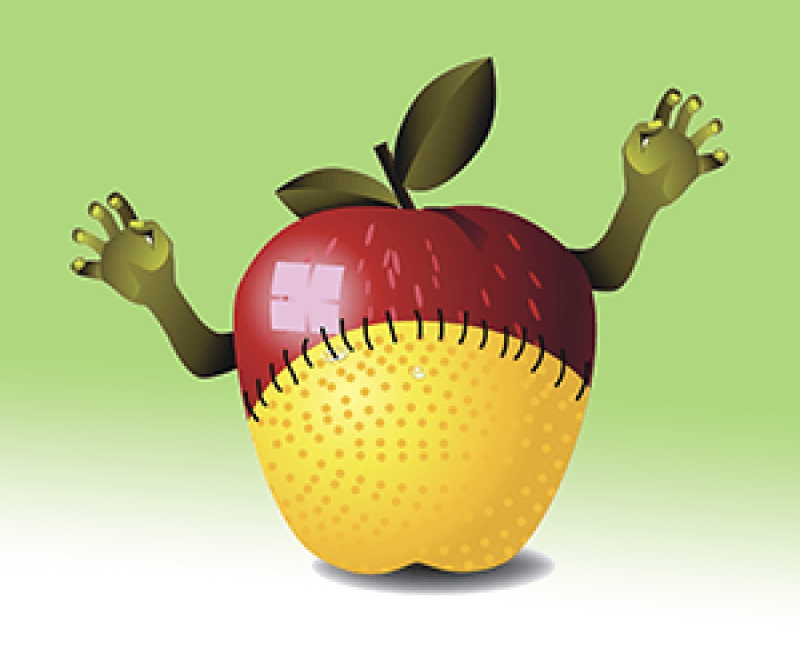[Recently,] the government outlined details of its long-overdue legislation for easing restrictions on gene-editing farm animals and plants. Current regulations, inherited from the European Union, effectively block all crop strains and animal breeds created through DNA modification.
In an overpopulated, overheated world that desperately needs secure food supplies and to limit emissions of carbon dioxide, such barriers should no longer be allowed to restrict progress. We urgently need solutions and Britain, one of the world’s leaders in animal and plant research, must be free to play a key role in this agricultural revolution. Blanket bans of genetically altered crops and animals can be countenanced no longer.
To that extent, the government has moved in the right direction, although the degree of change it proposes is unsatisfactory. The forthcoming genetic technology (precision breeding) bill, outlined in the Queen’s speech [May 10], will introduce a regulatory regime for releasing gene-edited crops and animals. Sensibly, these will now be treated in the same way as those produced by conventional means.
However, there is no mention of similar allowances being made for animals created by genetic modification (GM), a technology with a broader range of applications than gene-editing.
The unfounded claim that these “Frankenfoods” were “unnatural” and a danger to human health and the environment has led to the vilification of an entire technology.































